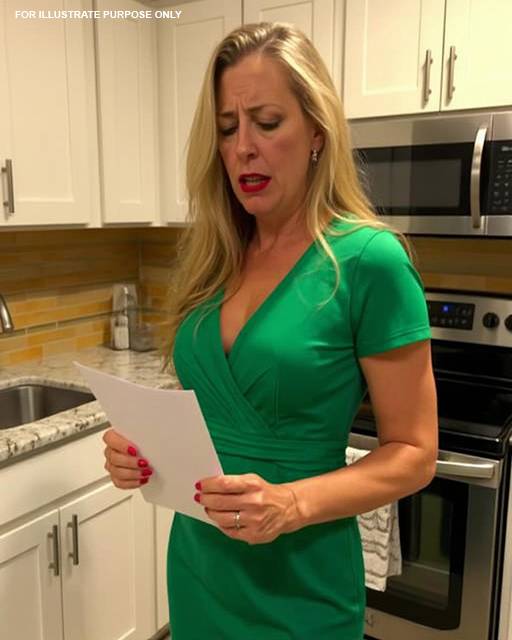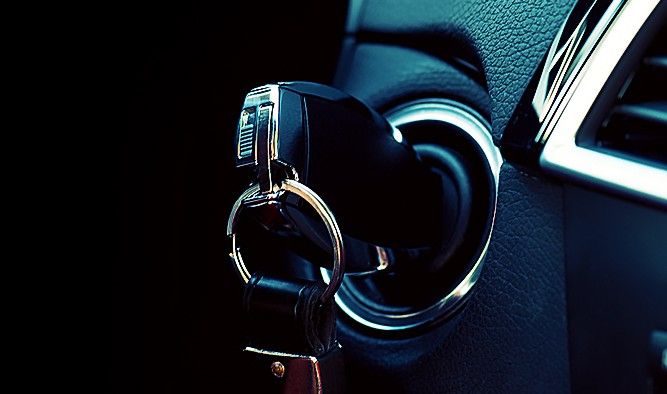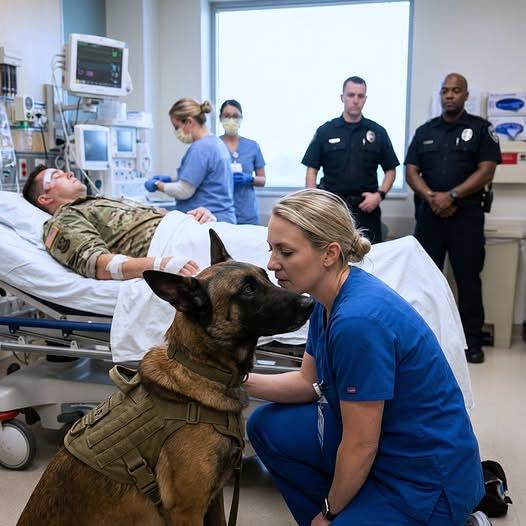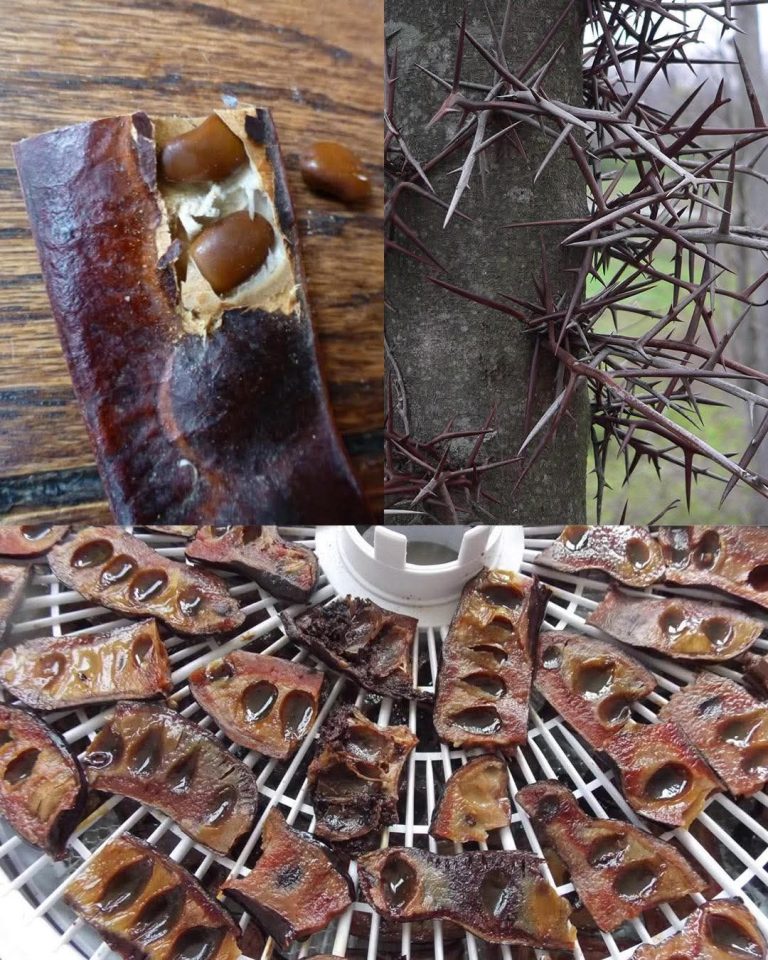
When my stepmother sold the only thing my late mother left me—a treasured antique piano—I thought I had already felt the worst kind of heartbreak. But she had no idea that her cruel decision would end up costing her far more than just an old instrument.
My mother died when I was fourteen.
Cancer. Long, cruel, and relentless. I watched her fade day by day until she was a shadow of the woman who once tucked me in with jazz lullabies and lemon tea kisses.
But even near the end—frail, tired, barely able to stand—she would find the strength to sit at her piano every Sunday morning.
It was an old, dark mahogany Steinway upright. Carved like something from an old movie, the keys ivory and worn, its music warm and haunting. She played old standards, snippets of Mozart, sometimes just random melodies that melted into the light coming through the curtains.
I used to sit cross-legged on the rug with my cereal and watch her. That piano didn’t just make music—it held her soul. Her laughter. Her grief. Her love.
When she died, the house fell into silence. Cold and still. Nothing felt real anymore.
At her funeral, everyone asked me what keepsakes I wanted. Jewelry? Her scarves? I didn’t care about any of that. I only said one thing:
“The piano. That’s all I want.”
My dad, Thomas, looked at me and nodded.
“It’s yours, Nora. I promise.”
And he meant it. He even had it written into his will later, just to be safe.
So the piano stayed in our living room like a silent promise. The one piece of her that time couldn’t erase.
Then came Valerie.
Dad met her when I was sixteen. She was sugar-coated charm and designer clothes. A Pinterest-perfect stepmom. Always chirping “Hi, sweetheart!” and smelling like peppermint mocha.
She brought her daughter, Brooke, along too. My age, but with that smugness of someone who’s never felt like the outsider in a room. The first thing she ever said to me?
“You kinda look like a homeless version of Taylor Swift.”
Nice.
I didn’t like her. I didn’t trust her. But I was grieving and tired and just wanted to survive high school. So I stayed quiet and watched as my home started transforming into someone else’s.
It began with the small things. Valerie rearranged furniture, tossed out “old junk,” started lighting cinnamon-scented candles that made the house smell like a bakery. Then Mom’s cookbooks vanished. Her shawls. Photos of us—me and Mom baking, laughing—replaced with framed snapshots of Dad and Valerie in Cancun, in Aspen, posing in matching Christmas pajamas.
But she never touched the piano.
I thought maybe even she had enough sense not to cross that line.
Or maybe… she was just waiting.
I left for college out of state when I turned eighteen. I needed the distance. Home had stopped feeling like home.
Then came spring break.
I came back, bags in hand, craving something familiar. A bit of grounding.
I walked into the living room…
And the piano was gone.
Not moved. Not covered. Gone.
Just a pale imprint in the carpet where the legs had stood. The space looked wrong. Hollow.
“Dad?” I called out, panic crawling up my throat.
“Where’s the piano?”
Valerie’s voice floated from the kitchen.
“Oh, that old thing? I had it hauled away. It was falling apart.”
I stood there, stunned.
“What?”
She walked in with her ever-present smoothie, waving her manicured hand like she was brushing off a cobweb.
“Sweetheart, you never played it. It was just collecting dust. I figured it was time.”
My chest burned.
“That was my mom’s. That was mine.”
She rolled her eyes.
“Don’t be dramatic. It wasn’t even yours.”
“It was in the will,” I said, voice shaking. “Dad promised.”
“Well,” she shrugged. “Too late now.”
My vision blurred. I turned and ran upstairs, nearly tripping on the last step. I slammed my door. Something fell off the wall behind me and shattered.
I grabbed my phone, fingers trembling.
Me: Where is Mom’s piano??? Valerie said she sold it.
No answer.
I stared at the screen for hours.
Downstairs, I could hear her laughing on the phone.
“Yes, the buyer was from Ohio. Can you believe they still collect those things?”
I wanted to scream. Cry. Break something. That piano was all I had left of my mother. And she sold it—just like that. Like it was a piece of junk in a garage sale.
And Dad… was silent.
Two days later, Dad came home from a business trip. I heard the front door open, the wheels of his suitcase bumping against the floor.
Then—nothing.
No cheerful “Hey, I’m back!” No offer for Thai takeout. Just… silence.
I crept onto the landing.
He was standing in the living room, staring at the empty space where the piano used to be. His body was still, his shoulders tense.
Valerie came strutting in like always, yoga pants and smoothie in hand.
“Oh, hey babe! You’re home early.”
He didn’t even turn.
“Where’s the piano?”
She blinked, feigning confusion.
“What?”
He turned slowly.
“Valerie. The piano. Where is it?”
When Karma Finally Plays Its Tune
Valerie’s smile cracked.
“Oh… that thing? It was old, broken. I sold it to some antique dealer. Don’t worry—I used the money to repaint the guest room!”
Dad’s voice dropped.
“That piano was in the will. It was Nora’s.”
She scoffed.
“Well, no one ever looked at it. It just sat there—”
“It was your daughter’s legacy,” he snapped.
“And you sold it behind my back?”
There was a pause—tense and still.
Then he pulled out his phone, pressed play on a voice memo.
Her voice rang through the room, crystal clear:
“Yes, the buyer was from Ohio. Can you believe they still collect those things?”
Her face paled.
“You… you recorded me?”
“No,” he said coldly. “Nora did. I told her to forward it to me.”
She opened her mouth to argue, but he held up a hand.
“I want the buyer’s info. Now. I don’t care if you have to drive across three states. You’re getting that piano back.”
When she hesitated, he added:
“Or you can pack your things and leave. Tonight.”
It took three weeks and a hefty buyback price—more than double what she sold it for—but the piano came back. A little dusty, a little bruised, but whole.
Valerie didn’t stay much longer after that.
Dad never yelled. Never called her names. He just quietly had the locks changed.
When I came home again that summer, the piano was back in its rightful place. And on top of it, something new—a small plaque that read:
In Loving Memory of Grace — May Her Music Never Be Silenced



